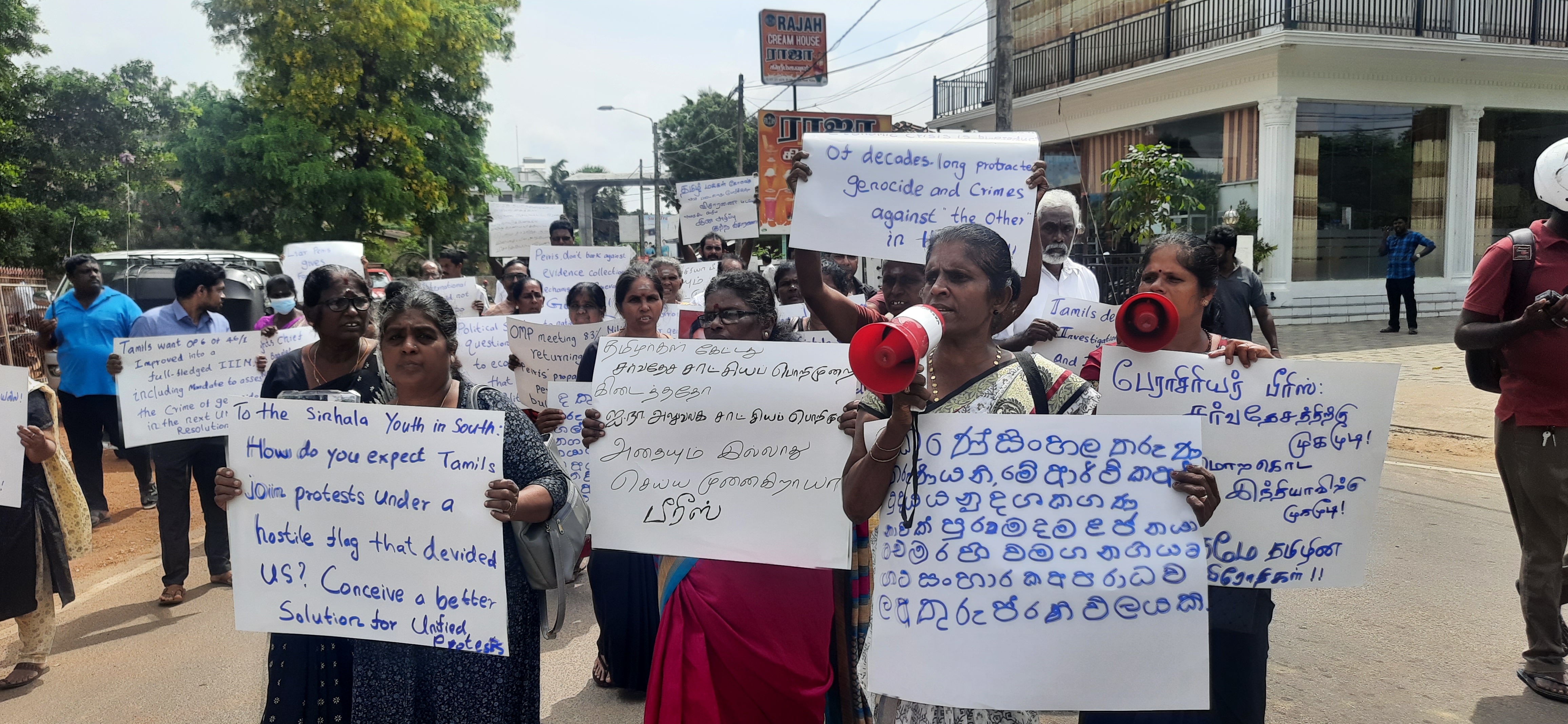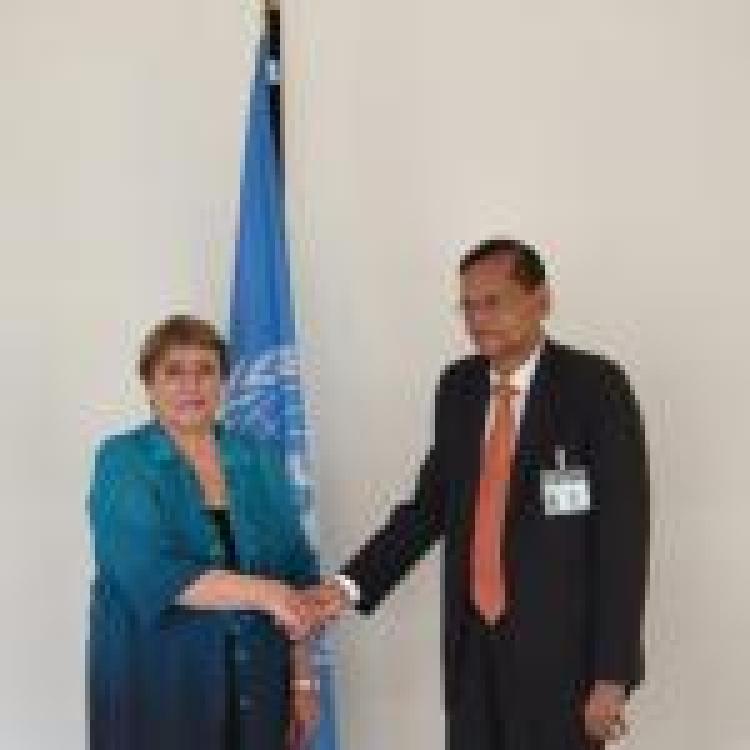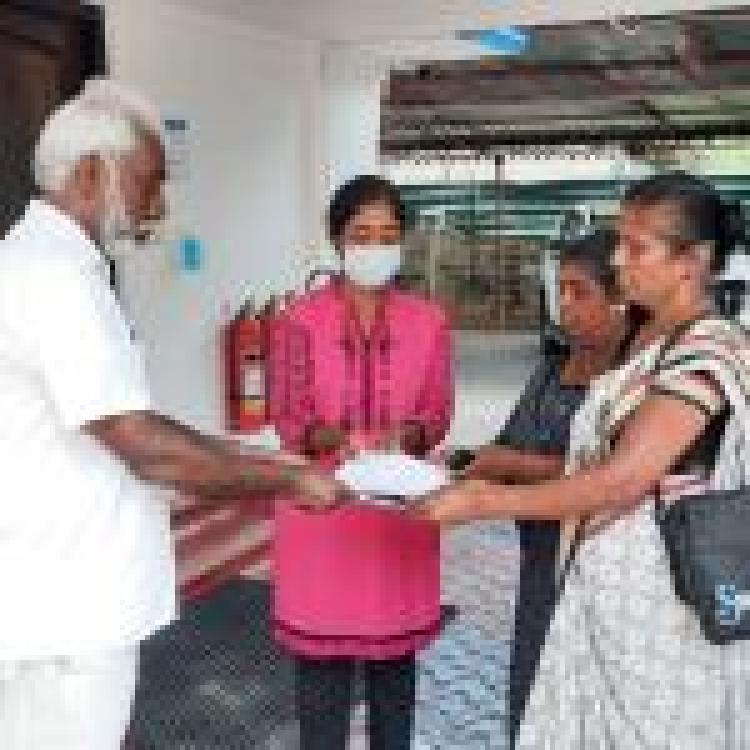
Tamils in the North-East have reiterated their demand for justice, as families of the disappeared and local politicians spoke to The Guardian this week.
In a piece by Hannah Ellis-Petersen and Rubatheesan Sandran in Mullaitivu published earlier today, former councillor Ravikaran Thurairajah said “if we staged a protest here like they are doing in Galle Face, they would shoot us dead”.
“We respect their struggle, but we don’t see our struggles represented there,” he said. “We already rejected the Rajapaksas and their racist majoritarian politics a long time ago... Unlike those people in Colombo who are now protesting, we never voted for them in 2019. We always said this family would destroy this country.”
Mariyasuresh Eswari, the co-ordinator of the Mullaitivu Disappeared Relatives' Association, said “every time we protest, they issue court orders to stop us”.
“We have been harassed, groped and beaten by police. They use indecent language against us, and I had to be hospitalised recently after police used force against us. Military intelligence has us under constant surveillance.”
The Guardian went on to report:
“Where were the protests in the south when the military killed and took away our families?” asked Eswari, as she recounted clambering over dead bodies with her children in her arms as they tried to flee to safety at the end of the war. “It’s easy for them to protest there, it’s not the same here. When I see the Colombo protests, all I see is discrimination.”
“There have been invitations from the south for us to join them in protest, but there is a clear distinction from what they want and what we want,” said Prabhakaran Ranjana, 55, whose son has been missing since May 2009. “We don’t want fuel and economic assistance from the government, we want answers. We want justice for our people, we want our land back.”
There were fears that by joining the economic protests, other issues inflicted on the Tamils in the north, particularly around land, would be drowned out. The loss of Tamil land to military and government agencies is seen by many as a concerted effort to change the demography of the region. Several local Hindu temples where Tamils have been worshipping for hundreds of years have recently been seized by the archaeology department for excavation, and new Buddhist temples are being built in their place.
Nonetheless, these efforts have all come up against issues exposing the continued ethnic segregation of the island. A Buddhist monk said on stage that the national anthem should only be sung in Singhala, and attempts were made to stop the Mullaitivu memorial on the basis that it was glorifying the Tamil Tigers. Conflicts over the language used in the memorial were particularly thorny; in the south, 18 May is celebrated as a day of victory, but in the north it is known as the anniversary of Mullaitivu genocide.
Read the full piece here.
For years Tamils have been protesting across the North-East to call for an international accountability mechanism and accountability for genocide, including the families of the disappeared who have staged a continuous demonstration for over 5 years. To date, none of their demands have been met


